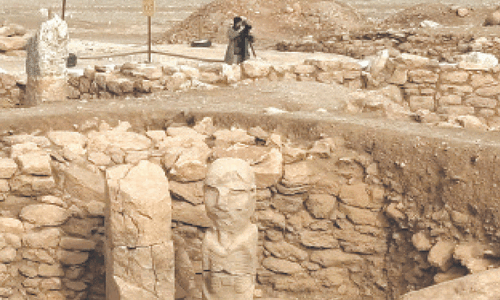GENEVA: The United Nations on Friday blamed a Saudi-led coalition for a deadly air strike on civilians in Yemen this week, saying there were no military targets in the area hit.
The attack on Tuesday in the Mawza district of the southwestern province of Taez killed at least 20 people, including four children, according to residents.
The UN human rights office, which put the death toll at 18, said the strikes hit three families who were staying in a makeshift straw house after being displaced from their homes three months ago by fighting.
The office said in a statement that the strike was carried out by “Arab Coalition Forces”, referring to the Saudi-led alliance fighting Shia rebels in support of Yemen’s internationally recognised government.
“There do not appear to have been any military objectives anywhere in the immediate vicinity of the destroyed house,” it added.
The Saudi-led coalition has faced repeated criticism over civilian casualties in Yemen. It accuses the Iran-backed rebels of using civilians as human shields.
The coalition has admitted responsibility for some strikes that killed non-combatants, including a raid on the rebel-held capital Sanaa in October 2016 that killed more than 140 people at a funeral ceremony.
The United Nations called for a “comprehensive and impartial investigation” into the latest incident.
The conflict in Yemen has escalated dramatically since March 2015, when the Saudi-led forces launched a military operation against the rebels.
Colville noted that persistent unrest was also hindering the UN’s ability to respond to the cholera crisis in Yemen, which is the world’s largest outbreak of the bacterial infection.
The World Health Organisation said on Friday that the number of suspected cholera infections in Yemen had risen to nearly 370,000, as of July 19.
“Every day, 5,000 more Yemenis fall ill with symptoms of acute watery diarrhoea (or) cholera,” the UN health agency said in a statement.
A full 1,828 people have died during the outbreak since it erupted in late April.
Published in Dawn, July 22nd, 2017
































